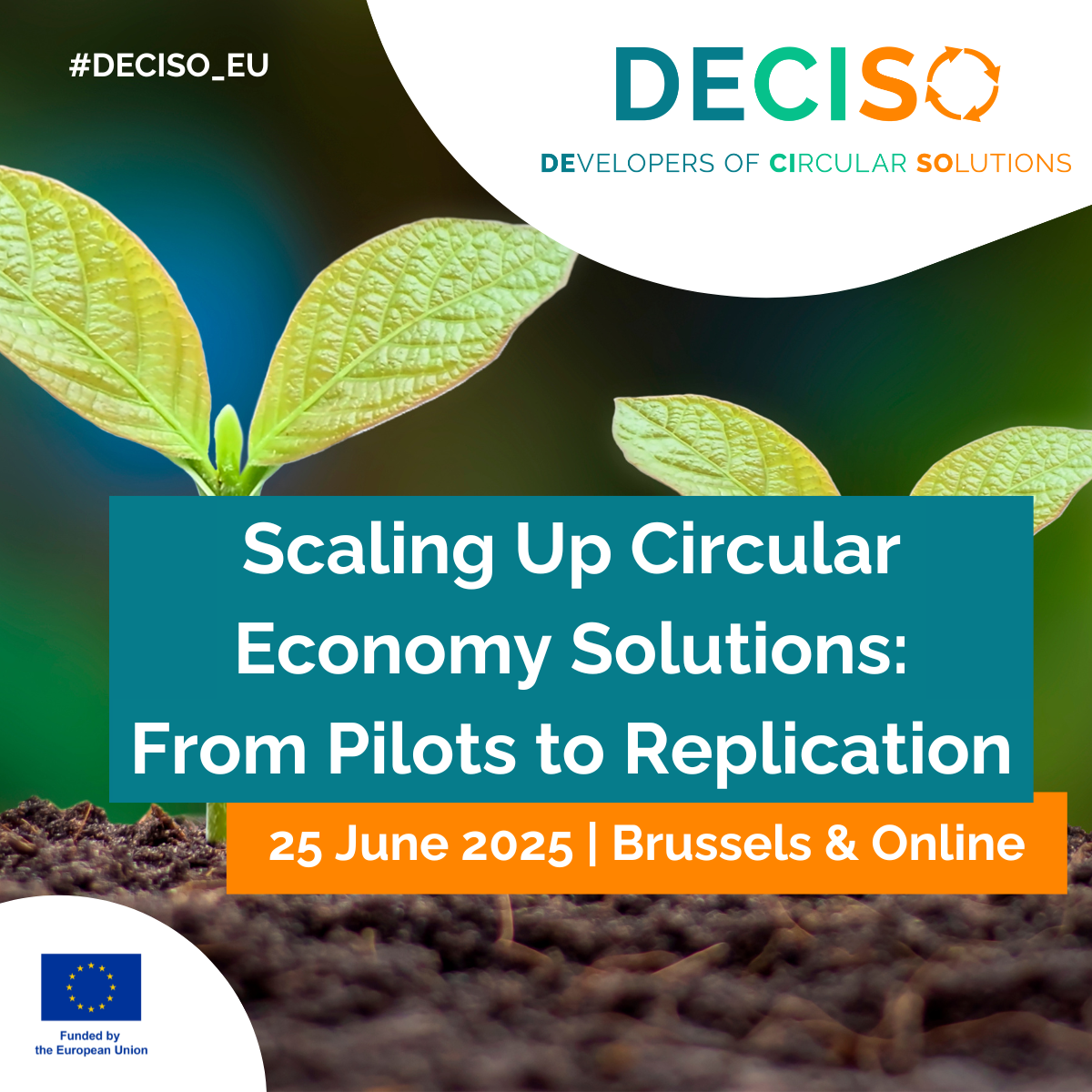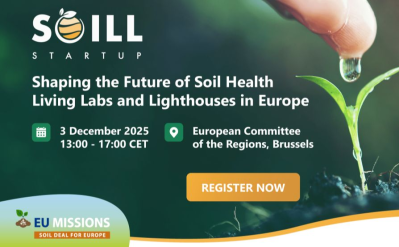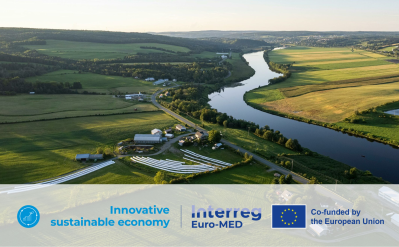The DECISO project has successfully developed four pilot initiatives across Europe, focusing on innovative circular economy solutions in various sectors: the Pop-Up Circular Hub in Hamburg, the Circular Agrifood Ecosystem in Alentejo, the DISCO Project for digital water management in Northwest Germany, and biomass utilization for energy in Western Macedonia. As the project moves toward its exploitation phase, this workshop aimed to facilitate knowledge transfer and establish formal collaboration frameworks with potential replicators.
|
Cities and regions across Europe are actively building a more sustainable future, a key theme from the workshop, “Scaling Up Circular Economy Solutions: From Pilots to Replication” held on 25 June 2025. The event gathered project partners and regional innovators to reflect on lessons learned from the four DECISO pilot projects and explore strategies for replicating their success across the EU.
|
Four pilots to test circular economy solutions
|
At the heart of the DECISO project are four regional pilots that tested scalable, locally embedded circular economy solutions and presented some aspects of it during the workshop:
- Hamburg: the city implemented a Pop-Up Circular Hub, a physical space promoting citizen engagement, repair culture, and small-scale local manufacturing through open-source tools and maker labs. The model emphasized the importance of stakeholder co-creation and political support. Though initially publicly funded, its replicability hinges on long-term business models such as circular public-private partnerships or service-based revenue streams.
- Alentejo: as rural and agriculture-focused region, Alentejo emphasized mapping its existing circular ecosystem and designing targeted funding schemes for agri-food SMEs. The key replicable component is the ecosystem mapping methodology — identifying stakeholders, funding channels, and sector gaps — which other regions can adapt to their local contexts. Scalability is supported by integrating rural-specific funding mechanisms and low-barrier access to support tools.
- Northwest Germany: the region tested a digital water reuse system using rainwater and greywater loops. Its scalability lies in its modular architecture, allowing adaptation to different urban contexts and infrastructure maturity levels. It demonstrated that data-driven solutions — especially those addressing climate resilience — can be standardized and reused.
- Western Macedonia: the region focused on converting waste to energy, specifically agricultural biomass for district heating. As the region moves away from lignite combustion, the pilot’s key success factor lies in the development of a flexible financing framework and workforce upskilling programs — both crucial for replication in economically transitioning areas. The emphasis on job creation and reskilling makes this model attractive for regions undergoing green transition pressure.
|
How to replicate and scale
|
Beyond showcasing the pilots, the workshop focused on how to replicate and scale these models. It emphasized that the success of replication depends not only on copying technologies, but on adapting governance, funding, and stakeholder engagement strategies. DECISO has developed a common framework to assess business models across pilots, based on governance capacity, stakeholder skills, technology readiness, risk sharing, and community involvement.
The project also validated several sustainable and scalable business models, including:
- Circular Infrastructure as a Service (CIaaS)
- Circular as a Service (C-ESCO)
- Cooperative-based Models (COOP)
- Public Service Partnership (PSPSE)
- Special purpose revolving fund (RCIF)
The DECISO project, which concludes in October 2025, will finalize a set of replication guidelines and business model templates to support cities across Europe in adopting circular practices. As Europe intensifies its circular economy ambitions, DECISO’s pilot-based approach offers a grounded, adaptable, and community-driven pathway for regions to build resilient and resource-efficient futures.
|
Presentations made during the workshop are available on the event’s page.
|
|




 Agenda
Agenda



